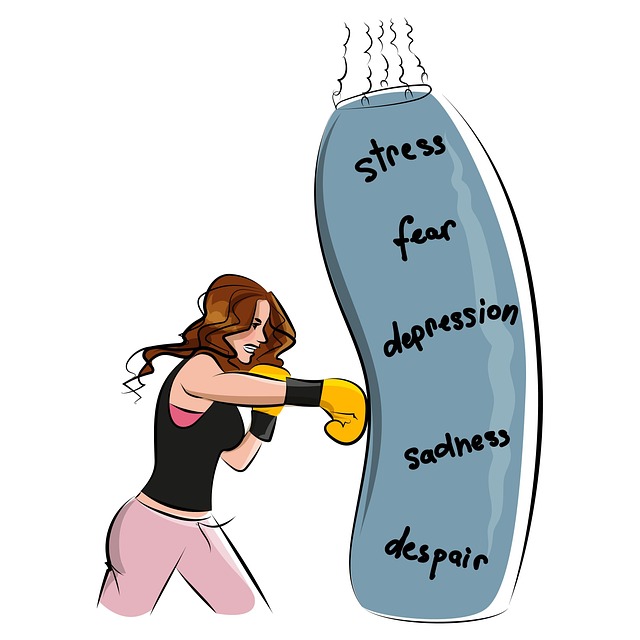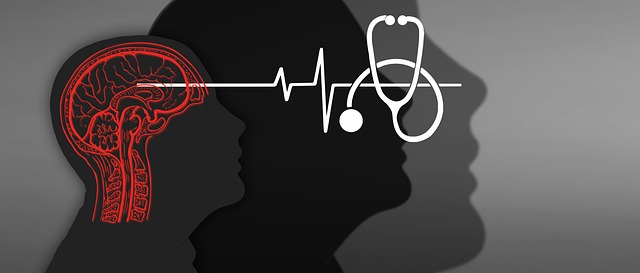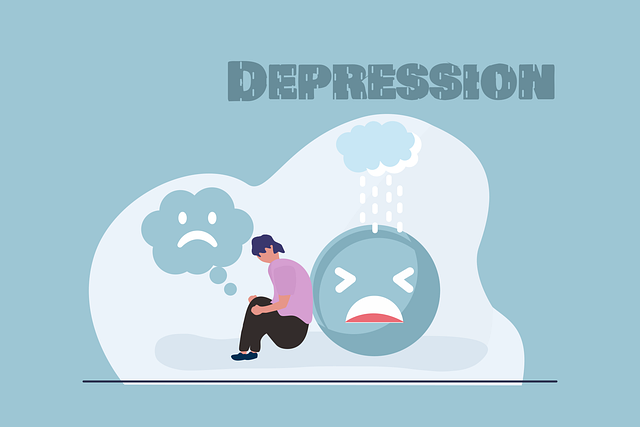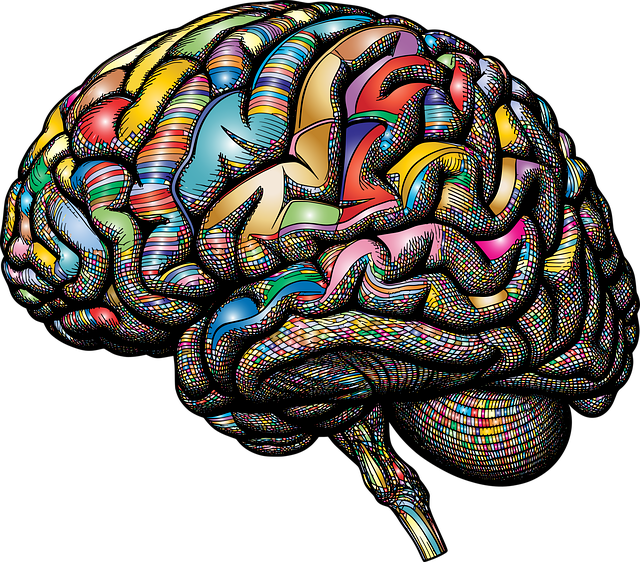Evaluating therapy programs for young children and first responders requires a multifaceted approach, combining quantitative data on symptom reduction (e.g., anxiety, PTSD) with qualitative insights into social skills development and cultural competency. Key strategies include trauma-informed care, emergency response protocols, self-care initiatives, and continuous program improvement based on evidence-based practices. The ultimate goal is to enhance mental wellness, prevent burnout, and reduce stigma, ensuring quality care for diverse communities, particularly young children and first responders facing crisis scenarios.
Mental wellness program evaluations are crucial for understanding and improving support initiatives. This article explores various evaluation methods focusing on key areas including the impact of therapy programs for young children, emergency response protocols from a mental health perspective, and the effectiveness of support services for first responders. By examining best practices in continuous improvement, we aim to enhance mental wellness initiatives for these vulnerable populations, especially targeting therapy for young children and support for first responders.
- Assessing the Impact of Therapy Programs for Young Children
- Evaluating Emergency Response Protocols: A Mental Health Perspective
- Measuring the Effectiveness of Support Services for First Responders
- Best Practices for Continuous Improvement in Mental Wellness Initiatives
Assessing the Impact of Therapy Programs for Young Children

Evaluating the effectiveness of therapy programs for young children is a multifaceted process that goes beyond mere numbers and statistics. When assessing interventions aimed at improving mental wellness in this vulnerable population, it’s crucial to consider both short-term gains and long-term sustainability. Therapies designed for first responders, such as those addressing trauma or stress management, should demonstrably enhance children’s coping mechanisms and emotional resilience. Quantitative methods, like pre-post tests and control group comparisons, can gauge changes in symptoms of anxiety, depression, or PTSD. However, qualitative assessments, including interviews and observations, are essential to understand the lived experiences of these young individuals and the nuances of therapy implementation.
Additionally, evaluating therapy programs for young children involves examining their impact on social skills development, a key aspect of overall mental wellness. Social Skills Training (SST), for instance, aims to foster peer interactions, communication, and problem-solving abilities. By assessing improvements in these areas, researchers and healthcare providers can determine the program’s effectiveness in preparing children for successful social integration and potentially preventing future mental health challenges like depression. Incorporating Healthcare Provider Cultural Competency Training is also vital, as it ensures that therapy approaches are sensitive to diverse cultural backgrounds, enhancing accessibility and positive outcomes.
Evaluating Emergency Response Protocols: A Mental Health Perspective

In evaluating mental wellness programs, particularly those aimed at first responders and young children, a nuanced approach is required to assess the effectiveness of therapy for young children within crisis scenarios. From a mental health perspective, examining emergency response protocols involves scrutinizing how quickly and efficiently support is mobilised, with a focus on minimising distress and optimising recovery outcomes. This includes assessing the training and preparedness of first responders in managing not only physical emergencies but also the psychological trauma that can arise from such situations.
Effective strategies for burnout prevention among healthcare providers are integral to this process, as they directly impact the quality of care delivered. Communication strategies play a pivotal role in ensuring that all parties involved—from emergency services personnel to children and their families—are aligned and informed throughout the response. Moreover, mood management techniques can be integrated into these protocols to foster resilience and mitigate potential long-term mental health consequences for both first responders and young victims.
Measuring the Effectiveness of Support Services for First Responders

Evaluating the effectiveness of support services for first responders is crucial to ensuring the well-being and resilience of these essential community heroes. One key area of focus is therapy for young children who have witnessed or experienced trauma, as early intervention can significantly impact their long-term mental health. By implementing a Community Outreach Program that incorporates self-care practices and self-awareness exercises, organizations can proactively address the unique challenges faced by first responders and their families.
These programs often involve regular sessions with mental health professionals who specialize in trauma-informed care, allowing individuals to process their experiences and develop coping mechanisms. Additionally, community outreach initiatives may include peer support groups where first responders can connect, share stories, and offer mutual encouragement. Such holistic approaches have been shown to enhance resilience, reduce the risk of secondary trauma, and foster a sense of belonging among those who serve and protect our communities.
Best Practices for Continuous Improvement in Mental Wellness Initiatives

Implementing best practices for continuous improvement is vital to enhance the effectiveness of mental wellness initiatives, particularly for vulnerable populations such as young children and first responders. Regular evaluation methods, including data collection and analysis, play a crucial role in understanding the impact and identifying areas for growth. By utilizing evidence-based approaches, such as therapy tailored for young children and mindfulness meditation practices, programs can adapt and improve over time.
Focusing on mental illness stigma reduction efforts and fostering cultural sensitivity in mental healthcare practice is essential for reaching diverse communities. Continuous feedback from participants and stakeholders ensures that these initiatives remain relevant and responsive to evolving needs. This holistic approach not only improves access to quality care but also encourages early intervention, ultimately promoting better outcomes for those seeking support.
Evaluating mental wellness programs is essential to ensure their effectiveness and make informed improvements. By assessing the impact of therapy on young children, emergency response protocols, and support services for first responders, we can gain valuable insights into what works best. Adopting best practices for continuous improvement allows us to adapt and optimize these initiatives, ultimately enhancing mental health outcomes for vulnerable populations, including young minds and frontline workers. This comprehensive approach ensures that resources are allocated efficiently, fostering healthier communities.













